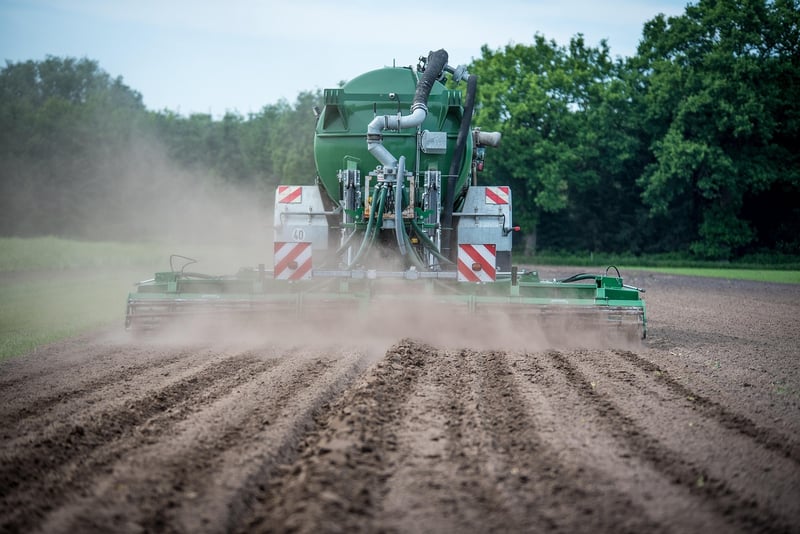Fertilization Tips
Keeping Your Garden Healthy: Fertilization Tips
Having a healthy garden requires proper care and attention, and one crucial aspect is fertilization. By providing your plants with essential nutrients, you can promote growth, blooming, and overall vitality. Here are some tips to help you fertilize your garden effectively:
1. Understand Your Plants' Needs
Different plants have varying nutrient requirements. Before fertilizing, identify the specific needs of your plants to avoid over or under-fertilization. Some plants may require more nitrogen for leafy growth, while others need phosphorus for flower and fruit development.
2. Choose the Right Fertilizer
There are various types of fertilizers available, including organic and synthetic options. Organic fertilizers are derived from natural sources and are great for improving soil structure and long-term plant health. Synthetic fertilizers, on the other hand, provide a quick nutrient boost but may have environmental implications.
3. Follow the Application Instructions
Read the instructions on the fertilizer package carefully and follow the recommended application rates. Applying too much fertilizer can harm your plants and the environment, while too little may not provide the desired results. It's essential to measure accurately and apply evenly.
4. Timing is Key
Timing your fertilization is crucial for optimal plant growth. In general, it's best to fertilize in the spring when plants are actively growing. Avoid fertilizing during hot summer months or late fall when plants are preparing for dormancy. Some plants may benefit from a mid-season boost as well.
5. Consider Slow-Release Fertilizers
Slow-release fertilizers provide a steady supply of nutrients to your plants over an extended period. This can help prevent nutrient leaching and ensure your plants receive a consistent amount of food. While they may be more expensive upfront, they can save you time and effort in the long run.
6. Monitor and Adjust
Regularly monitor your plants for any signs of nutrient deficiencies or excesses. Yellowing leaves, stunted growth, or poor flowering can indicate a problem. Adjust your fertilization schedule or type based on your plant's response to ensure they receive the right balance of nutrients.
Conclusion
By following these fertilization tips and providing your garden with the nutrients it needs, you can promote healthy growth, vibrant blooms, and a thriving ecosystem. Remember to stay informed, observe your plants' behavior, and adapt your fertilization practices accordingly for a flourishing garden.

For more gardening tips and advice, check out Gardening Know How.
